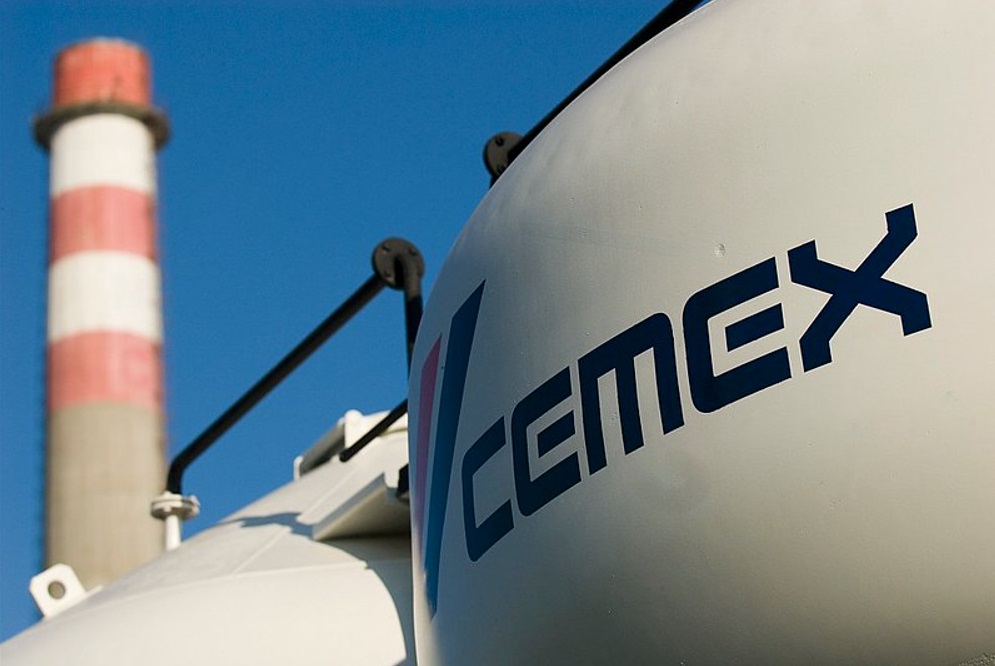CEMEX, Sasol to Use Captured CO2 from Cement Production to Generate Sustainable Aviation Fuel
Global construction and buildings materials company CEMEX, Sasol’s sustainable fuels and chemicals unit Sasol ecoFT, and renewable energy company ENERTRAG announced today they are teaming up for a project that will use captured CO2 from cement production to generate sustainable aviation fuel (SAF).
The project addresses the need to decarbonize two major greenhouse gas-emitting industries, with some of the most difficult to abate emissions. Cement production accounts for approximately 8% of global carbon dioxide emissions, with over 900 kg of CO2 emissions generated for every 1,000 kg of material produced, and aviation is responsible for 2-3% of global emissions, with that figure set to grow significantly over the coming decades if no action is taken.
The project, Concrete Chemicals, aims to combine CO2 with carbon to produce SAF. ENERTRAG will supply hydrogen for the project, generated exclusively from wind and solar energy, while the CO2 will come from CEMEX’s Rüdersdorf cement plant in Germany, which will provide 100 tons of CO2 daily in the initial stages of the project. Sasol ecoFT will provide the technology to produce e-kerosene, which can be blended to constitute up to 50% of jet fuel.
Dr. Helge Sachs, Senior Vice President, Sasol ecoFT SAID:
“We are extremely pleased to join forces with CEMEX and ENERTRAG. Sasol is proud to be an active member of this consortium that paves the way for climate-neutral cement production and sustainable aviation fuels.”
According to CEMEX, the new project is part of its Future in Action program to reduce its carbon footprint and contribute to the circular economy, as well as its plans to develop a carbon-neutral operation at the Rüdersdorf cement plant by 2030. In 2020, CEMEX announced a target to deliver net zero CO2 concrete by 2050, followed by a goal last year to reach below 475 kg CO2 per ton of cementitious product by 2030.
Fernando A. Gonzalez, CEO of CEMEX, said:
“We are excited to be part of this groundbreaking project that will contribute to the decarbonization of two of the world’s key industries. The path to carbon neutrality will be built with innovation, and we remain committed to being at the forefront in developing new circular technologies and processes.”





